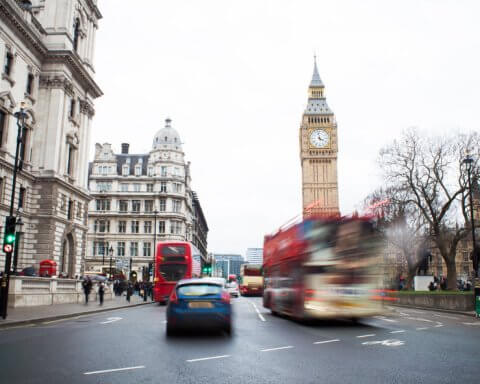Italians get climate change. Their glaciers are melting and their ski resorts are increasingly snowless. Muddy floods are wrecking the centres of hillside towns, and extreme temperatures are lowering crop yields. Last autumn’s crucial olive harvest in Umbria and other parts of central Italy fell by half; a rare late-spring frost and the summer’s punishing heat took the blame.
A broad 2020 climate survey by the United Nations Development Programme came as no surprise to Italians, even if it did to other Europeans: 81% of Italian respondents expressed belief in the climate emergency, and 78% said their country should do everything possible to respond to it.
Both scores were the highest in the survey.
That’s the good news; the bad is that Italy is decidedly middle of the pack in making progress toward net-zero goals. While its performance is far from embarrassing, a relatively wealthy country blessed with generous amounts of heat and sunshine should be able to perform far better.
The Corporate Knights Earth Index confirmed Italy’s middling performance.

In 2019, the last year before the pandemic, Italy received a score of 54% on the index, meaning its emission reductions that year were only about half of those required to meet the country’s stated target. In Europe, Germany and the United Kingdom fared better and the European Union as a whole much better.
The Earth Index results were in line with the recent Net Zero Readiness Index by KPMG, the British-Dutch auditing firm, where Italy placed 10th out of 32 wealthy and middle-income countries in reducing green- house gases.
Like many countries, Italy shone in a couple of areas, made a little progress in others and went into reverse in at least one.
“To help the ecological transitions, it is necessary to support bureaucratic transition in order to reduce lengthy procedures.”
–PierMario Barzaghi, KMPG Italy,
head of sustainability and climate change
In the power sector, the country was ahead of target in 2019 as renewable energy came on strong. Italy’s Enel, Europe’s largest gas and electricity utility measured by market value, has been leading the pack; it is promising an 80% reduction in direct (Scope 1) emissions by 2030 over 2017 and wants 87% of its operating earnings to come from low- carbon products and services by then.
Italy also made good, even great, progress in reducing industrial emissions, though steady deindustrialization can probably explain some of the success in this category.
Italy’s transportation sector reported dismal performance on the index. The country is turning into one big traffic jam, with a preponderance of old, diesel-powered cars and trucks. Electric vehicles are still a rarity.
Finding the money to accelerate the transformation to a low-carbon economy is not really the issue (last year, the National Recovery and Resilience Plan allocated €59 billion to fund the energy transition, including improved building efficiency). Bureaucracy is the real killer. “To help the ecological transitions, it is necessary to support a bureaucratic transition in order to reduce the lengthy procedures authorized, for example, for the installation of plants for renewables,” says PierMario Barzaghi, KMPG’s head of sustainability and climate change for Italy.
Italy is getting about €200 billion in pandemic recovery funds in the form of loans and grants. The green component will be a big part of this package, boding well for the country’s net-zero ambitions in spite of a lacklustre start.
Eric Reguly is the European bureau chief for The Globe and Mail and is based in Rome.








